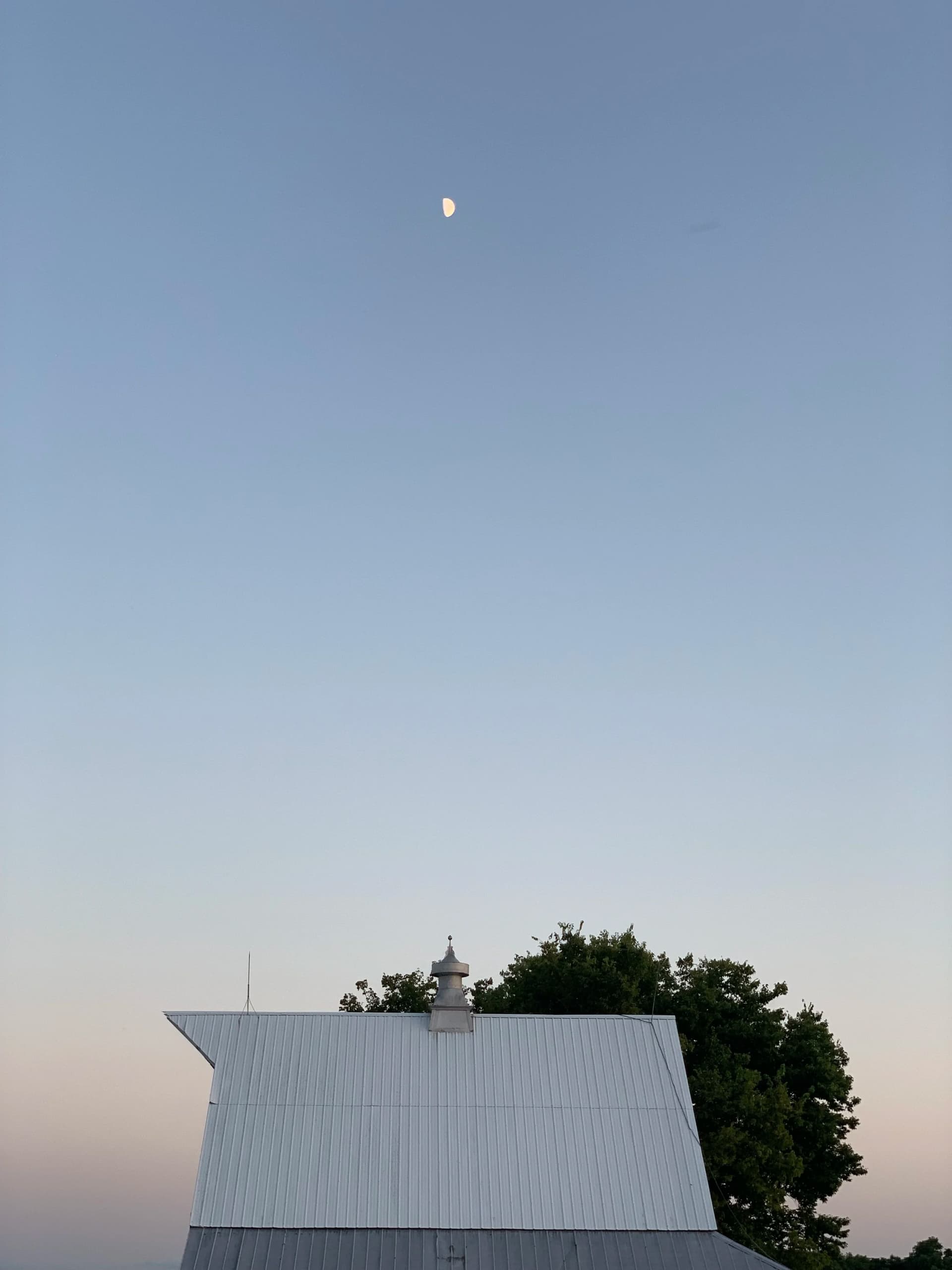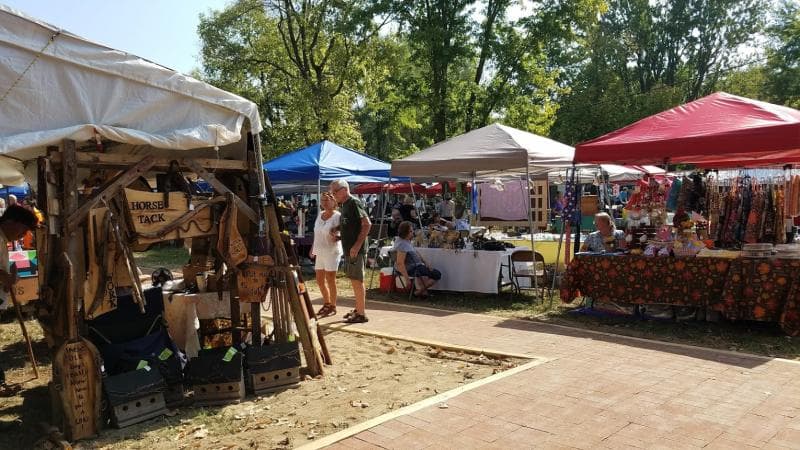Woodlawn Farm Preserves Underground Railroad History, Strengthens Community Memory
Woodlawn Farm, a documented Underground Railroad site east of Jacksonville, preserves the Huffaker family farmhouse and acreage while offering seasonal tours and educational programs. Its volunteer stewardship and work to research and commemorate regional abolitionist routes matter to Morgan County residents because they shape local education, civic identity, and community wellbeing.

Woodlawn Farm at 1463 Geirke Lane, east of Jacksonville, is a living history museum and a documented Underground Railroad site that anchors ongoing efforts to remember and teach the region's abolitionist history. The site dates to the early 1800s, with the Huffaker family house built circa 1840, and is listed on the National Register of Historic Places. The Underground Railroad Committee of the Morgan County Historical Society manages the property and operates seasonal public tours and programs.
The farm runs tours and public programming from May through September, and hosts events that explain 19th century farm life while highlighting local connections to the Underground Railroad. Volunteers maintain the house and grounds, and the committee is active in researching and commemorating routes and sites connected to the region's abolitionist history. Visitors are advised to check the museum website or call ahead for tour hours and special event schedules.
For Morgan County residents, Woodlawn Farm functions as more than a preserved homestead. It is a community classroom where students and adults encounter the lived history of enslavement, resistance, and escape. Educational programs can inform school curricula, civic discussions, and local commemorations, helping residents grapple with systemic inequalities rooted in the past. The farm's volunteer model fosters civic engagement but also highlights challenges for continuity, accessibility, and funding common to small historic sites.
There are public health and social equity dimensions to preserving and interpreting sites like Woodlawn Farm. Community access to truthful historical narratives supports collective memory and can contribute to healing from historical trauma. Public programming that is inclusive and trauma informed can promote mental wellbeing and civic cohesion. Conversely, limited resources for staffing, preservation, and accessibility can restrict who benefits from these benefits and deepen disparities in cultural access.
As Morgan County looks ahead, supporting volunteer stewardship, expanding educational partnerships, and ensuring accessible programming are practical steps to enhance the site impact. Woodlawn Farm remains a local touchstone for history, education, and community dialogue, and residents wanting to visit should consult the museum website or call ahead for current hours and events.


